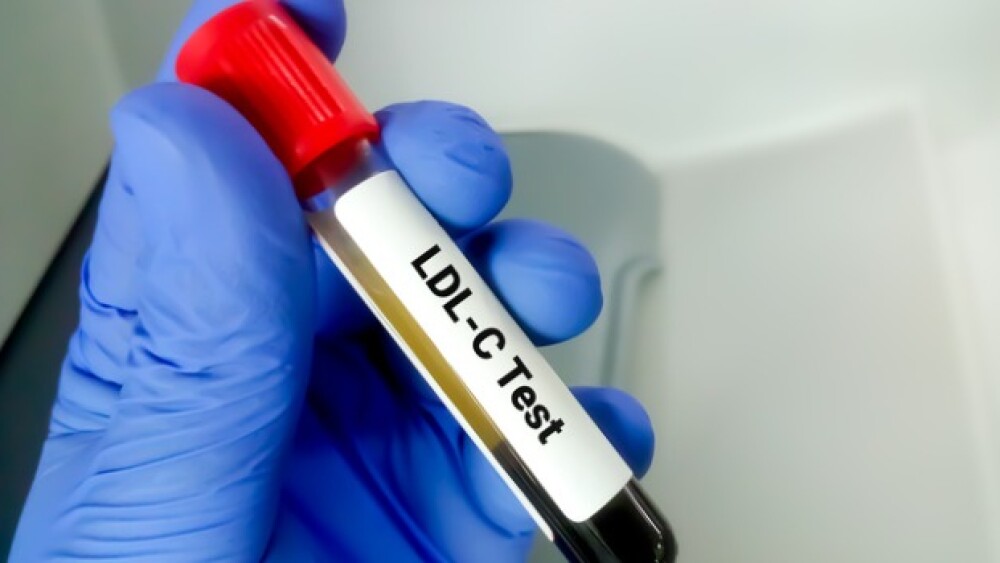Verve Therapeutics is pausing enrollment in the Phase Ib Heart-1 study for its gene editor VERVE-101 after a patient developed grade 3 laboratory abnormalities, the company announced Tuesday.
Verve Therapeutics has suspended enrollment in the Phase Ib Heart-1 study evaluating its lead gene editing program VERVE-101 following a serious adverse event, the company announced Tuesday.
A patient, who received a 0.45-mg/kg dose of VERVE-101, developed a grade 3 elevation in serum alanine aminotransferase levels, a key biomarker often used to assess liver damage. The patient also experienced grade 3 thrombocytopenia within four days after treatment. Both adverse events were deemed to be induced by VERVE-101.
The laboratory abnormalities did not translate into clinical symptoms, such as bleeding, and were fully resolved within a few days, according to Verve.
Still, an independent data and safety monitoring board recommended pausing enrollment in Heart-1 while Verve investigates the cause of the adverse events. The company has also reported these safety events to the FDA and other health regulatory authorities worldwide. VERVE-101’s Investigational New Drug application also remains active, according to the announcement.
Verve’s stock price dropped 31% in premarket trading on Tuesday in response to the news, reported Seeking Alpha.
Verve CEO Sekar Kathiresan in a statement said that the biotech believes these laboratory abnormalities “are attributable to the LNP [lipid nanoparticle] delivery system,” while adding that Heart-1 provides strong proof-of-concept evidence “for in vivo base editing of the PCSK9 gene in the liver, with a meaningful and durable lowering of LDL-C.”
The company remains confident in this mechanism of action and will focus on the development of VERVE-102, another investigational gene editor that also targets the PCSK9 gene but uses a different LNP delivery technology. VERVE-102 uses an ionizable lipid that has already been shown to be well-tolerated in outside clinical trials.
Verve is currently “prioritizing the initiation” of the open-label Phase Ib Heart-2 study, assessing VERVE-102 in patients with heterozygous familial hypercholesterolemia or premature coronary artery disease who need further LDL-C control, Kathiresan said.
Heart-2, which will focus on the safety and tolerability of VERVE-102 with additional analyses for pharmacokinetics and PCSK9 and LDL-C concentrations, is set to start in the second quarter of 2024.
Both VERVE-101 and VERVE-102 target the PCSK9 gene, which encodes a protein that regulates the amount of LDL receptors there are in the liver. Higher expression of PCSK9 has been shown to result in higher cholesterol levels.
Both of Verve’s investigational gene editors carry messenger RNA and guide RNA, which let them target and permanently turn off the PCSK9 gene in the liver lowering the levels of disease-causing LDL-C in the blood.
Results of the Heart-1 study validated this mechanism of action, demonstrating a mean, time-averaged 46% reduction in LDL-C, according to Verve.
Tristan Manalac is an independent science writer based in Metro Manila, Philippines. Reach out to him on LinkedIn or email him at tristan@tristanmanalac.com or tristan.manalac@biospace.com.






